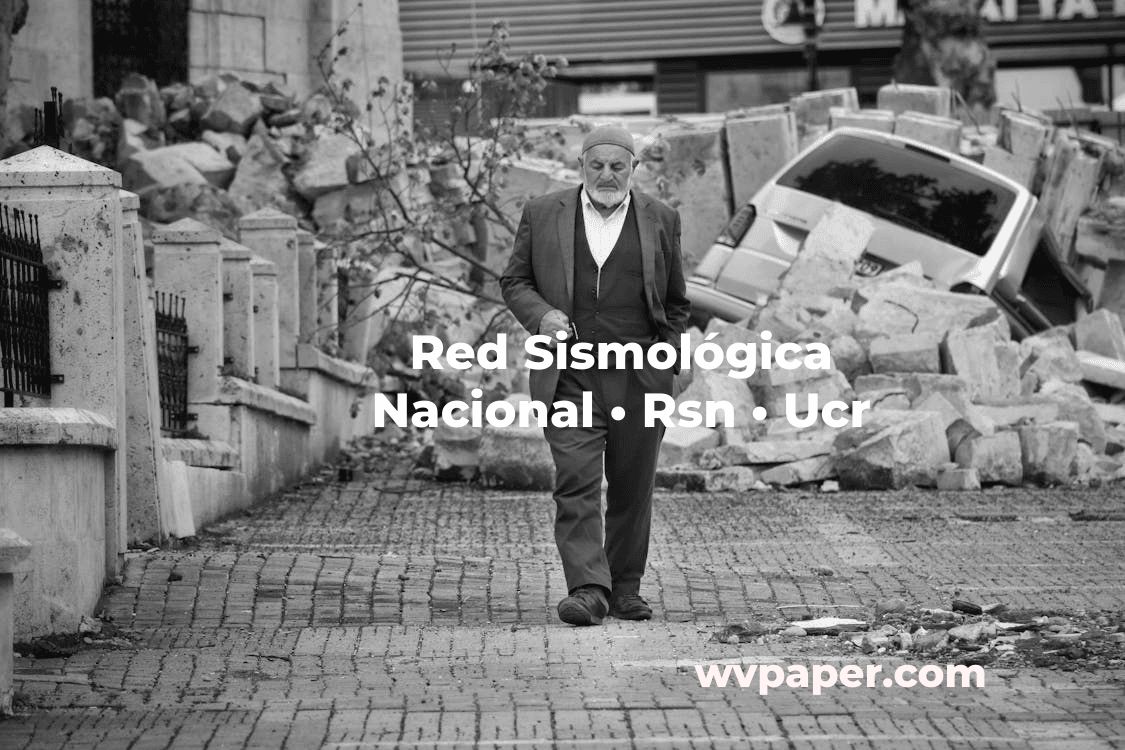Introduction
Ever come across a phrase that made you do a double-take? “The correct spelling is school not school. some pe – tymoff” is one of those quirky statements that leaves you scratching your head and chuckling at the same time. It’s a delightful reminder of the fun and confusion that often accompanies language learning and spelling. In this article, we’ll dive into the humorous world of spelling errors, the peculiarities of the English language, and why these little mishaps are more than just mistakes – they’re a part of our shared human experience. Buckle up for a whimsical ride through the world of words!
The Charm of Spelling Quirks
Why Spelling Matters
Spelling is more than just a set of rules. It’s a gateway to effective communication. Sure, auto-correct helps us out, but getting it right still matters. Why? Because spelling errors can change meanings, create misunderstandings, and sometimes lead to outright hilarity.
- Communication Clarity: Proper spelling ensures that your message is understood as intended. Imagine texting “I’ll meat you there” instead of “I’ll meet you there” – it could lead to some unexpected (and perhaps unwelcome) dinner plans!
- Professionalism: In professional settings, correct spelling demonstrates attention to detail and competence. A resume or an email riddled with errors might not leave the best impression.
- Cultural Perception: Spelling and grammar are often linked to education and intellect. While this perception isn’t always fair or accurate, it’s prevalent and worth considering.
The English Language: A Whimsical Beast
English is notorious for its irregular spelling and pronunciation rules. Ever wonder why “knight” and “night” sound the same but look so different? Or why “through,” “though,” and “thought” seem to have a mind of their own?
- Historical Influences: English has borrowed words from numerous languages, each bringing its own spelling conventions. This rich tapestry creates a language that’s colorful but often perplexing.
- Evolving Language: English is constantly evolving. New words are added, old ones fall out of use, and spellings can change over time. Keeping up with these changes is part of the challenge and the fun!
The Correct Spelling is School Not School: Some Pe – Tymoff
Unpacking the Phrase
“The correct spelling is school not school. some pe – tymoff” is a playful statement that highlights the confusion and humor inherent in language learning. It appears to be a jumbled repetition with an amusing twist, perhaps a typo or a deliberate joke.
- Humor in Mistakes: The phrase likely originated from a common spelling error or a joke about such errors. It reminds us that everyone makes mistakes, and sometimes those mistakes can be downright funny.
- Cultural Context: This phrase might be circulating among language learners or online communities where spelling and grammar quirks are often shared and laughed over. It’s a nod to the collective struggle and shared amusement of mastering English.
The Role of Humor in Learning
Humor can be a powerful tool in education. It makes learning enjoyable and memorable. When it comes to spelling and grammar, a good laugh can turn a frustrating experience into an engaging one.
- Memory Aid: Funny phrases and jokes can help with memorization. The humor creates a mental “hook” that makes the information easier to recall.
- Stress Relief: Learning a new language or mastering spelling can be stressful. Humor alleviates that stress, making the process more pleasant and less daunting.
- Community Building: Shared jokes and humorous errors foster a sense of community among learners. They remind us that we’re all in this together, mistakes and all.
Navigating Common Spelling Errors
Top 10 Most Common Spelling Mistakes
- Definately (Definitely)
- Seperate (Separate)
- Recieve (Receive)
- Acommodation (Accommodation)
- Tommorow (Tomorrow)
- Occured (Occurred)
- Untill (Until)
- Governement (Government)
- Wether (Whether)
- Publically (Publicly)
Tips for Mastering Spelling
- Read Regularly: Exposure to correct spelling through reading helps reinforce learning.
- Practice Writing: Regular writing practice solidifies spelling patterns and improves recall.
- Use Mnemonics: Create memory aids to remember tricky spellings. For example, “A Rat In The House May Eat The Ice Cream” for “Arithmetic”.
- Spellcheck Tools: Utilize spellcheckers, but don’t rely solely on them. They’re a safety net, not a crutch.
- Learn the Rules: Familiarize yourself with common spelling rules and exceptions. Knowing why a word is spelled a certain way can make it easier to remember.
FAQs
What is the significance of “the correct spelling is school not school. some pe – tymoff”?
This phrase highlights the humor in spelling mistakes and the shared experience of learning English. It’s a playful reminder that even native speakers can stumble over spelling.
How can humor help with spelling and grammar?
Humor makes learning more engaging and less stressful. It helps with memorization and creates a positive learning environment where mistakes are viewed as part of the process.
Why is English spelling so difficult?
English spelling is tricky due to its historical influences and evolving nature. The language has absorbed words from many other languages, each with its own spelling conventions, creating a complex and sometimes inconsistent system.
How can I improve my spelling skills?
Regular reading, writing practice, using mnemonics, and learning common spelling rules can significantly improve your spelling skills. Additionally, engaging with humorous content related to spelling can make the learning process enjoyable.
Conclusion
“The correct spelling is school not school. some pe – tymoff” serves as a lighthearted emblem of the trials and tribulations of mastering English spelling. It encapsulates the humor, challenges, and communal aspects of learning a language. By embracing the quirks of English and using humor as a learning tool, we can make the journey of language acquisition both effective and enjoyable. So next time you stumble over a tricky word, just remember – you’re not alone, and there’s always a good laugh to be had in the world of words!


